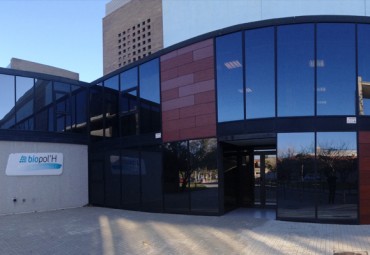Unravelling the role of violation and confirmation of probabilístic predictions in music reward
Musical pleasure depends on how well music fulfills or violates our expectations. Musical complexity, or how predictable or unpredictable a melody is, influences our preferences and enjoyment. We tend to like melodies that are neither too simple nor too complex, but that balance familiarity and novelty. Previous studies have delineated the brain network involved in music pleasure, but the neural mechanisms behind the interaction between music reward and complexity is not yet well understood. In the current study, twenty-nine people participated in an fMRI study in which they listened to musical excerpts of different degrees of predictability and rated how much they liked them. The melodies were artificially generated from the transitional probabilities of a natural Western grammar, and categorised into three levels of predictability according to the note-by-note information content. The use of grammar that mimics the conditional probabilities of musical notes to generate melodies allowed us to investigate, in a controlled way, how probabilistic predictions and subjective pleasure were related. Behavioural results replicated previous findings of an inverted U-shape relationship between predictability and liking, which shifted with repetitions of melodies. A consistent pattern of activation was also identified when performing a region of interest analysis (ROI) in areas of the reward network (including Nucleus Accumbens and orbitofrontal cortex) and auditory cortex. These regions exhibited enhanced activity for intermediate predictability excerpts compared to both high and low complexity stimuli. These results suggest that the interaction between complexity of musical stimuli and musical pleasure arises from the activation of reward and auditory perception networks in the brain. In addition, repetition of the excerpts increased the reward and auditory activity.
ZOOM LINK: https://ub-edu.zoom.us/j/97662539736
Or in person attendance: Modular Building, room 1.5
 |

